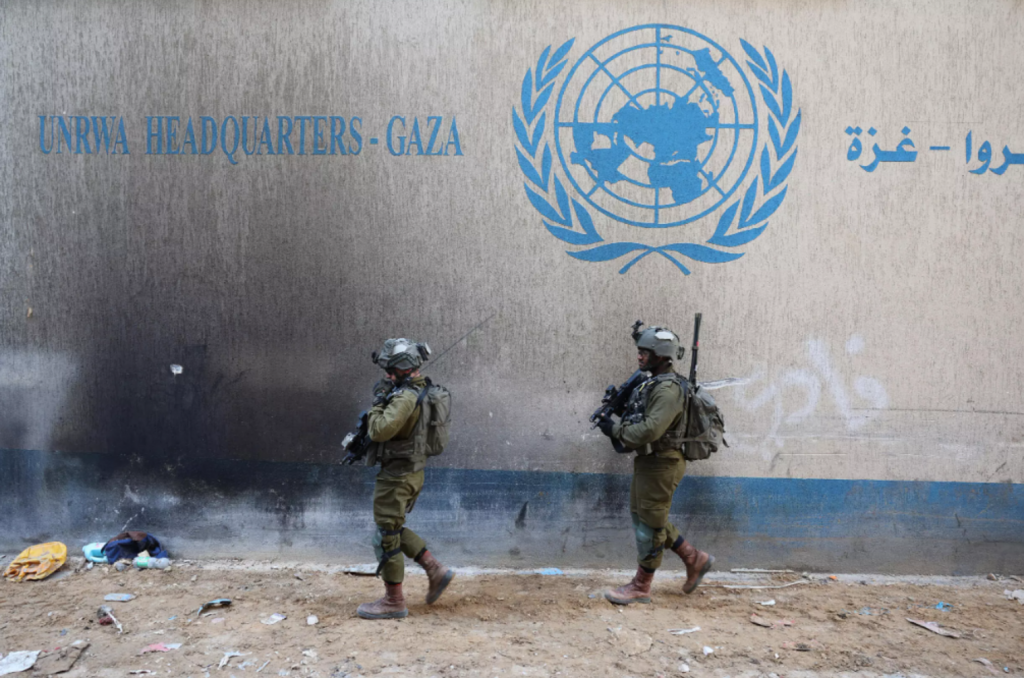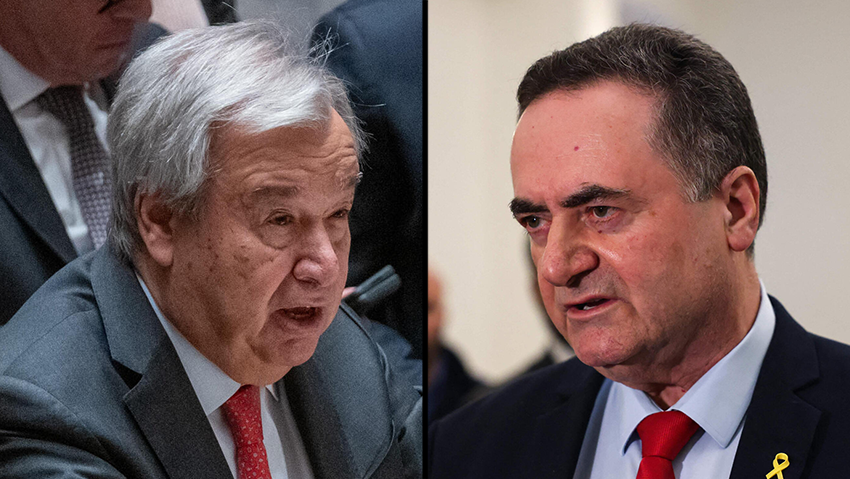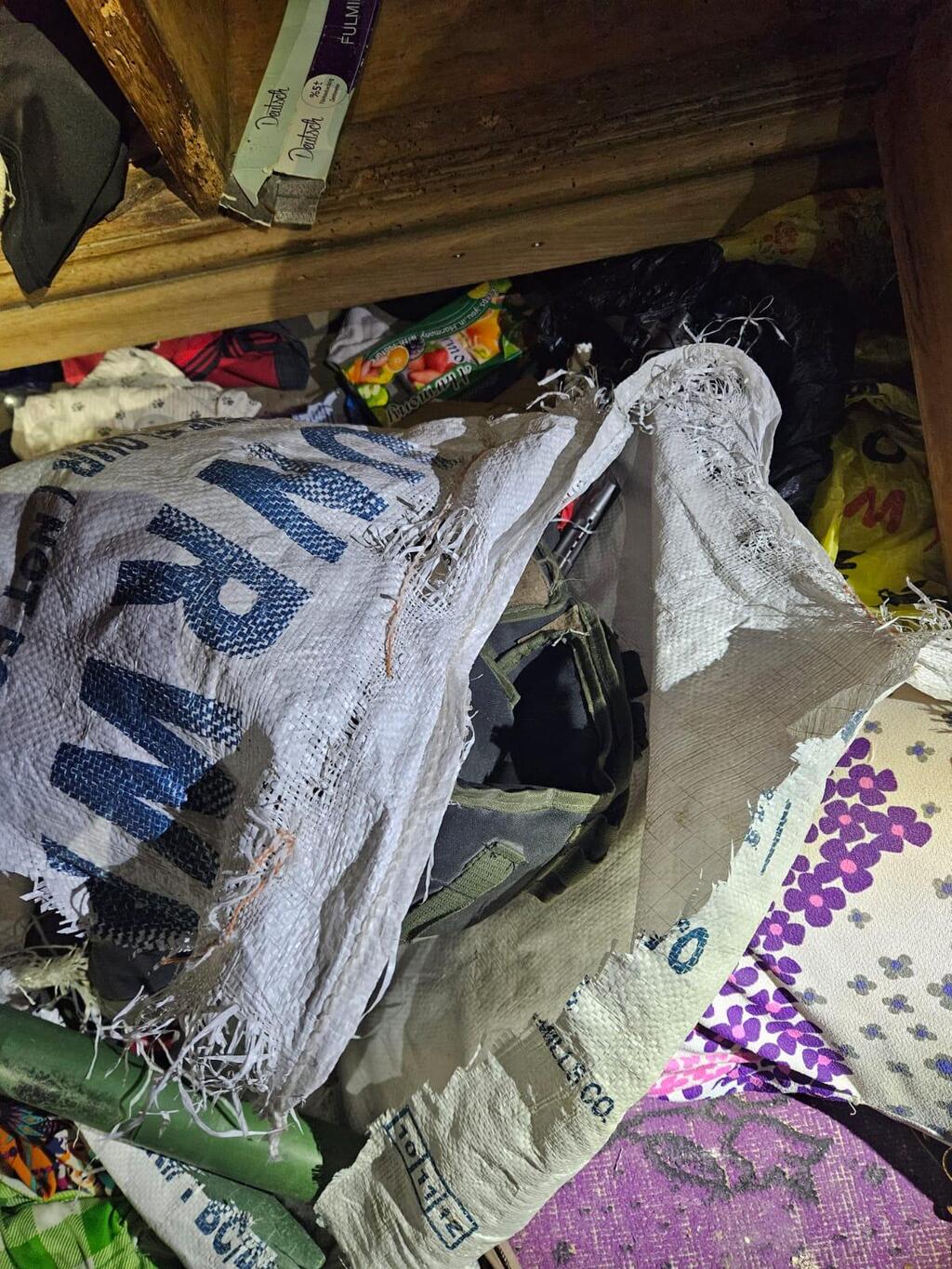Getting your Trinity Audio player ready...
The UN investigation team appointed to investigate the allegations against UNRWA workers involved in the October 7 massacre closed five cases out of 19 suspects due to insufficient evidence supporting their involvement. Israel, on the other hand, claims to have fully cooperated with the UN. As part of the investigation, a UN team will revisit Israel in May to examine the allegations.
3 View gallery


Evidence shows that UNRWA workers took part in October 7 massacre
(Photo: JACK GUEZ / AFP)
While the United Nations Office of Internal Oversight Services (OIOS) examined the involvement of 12 employees whom Israel provided explicit evidence in January, the UN has opened an investigation into seven additional UNRWA employees. The UN's Office of Internal Oversight Services (OIOS) has reportedly closed or suspended five cases but has not disclosed information concerning the remaining 14 cases. As it turns out, some of the suspected UNRWA workers were killed during the war
According to UN Spokesperson Stephane Dujarric, one case was closed because "no evidence was provided by Israel to support the allegations against the staff member." It was also reported that the UN is "exploring corrective administrative action to be taken in that person’s case." Three additional cases were suspended "as the information provided by Israel is not sufficient for OIOS to proceed with an investigation."
3 View gallery


UN's OIOS dismisses Israeli evidence in UNRWA cases
(Photo: AHMAD GHARABLI / AFP, Spencer Platt/Getty Images)
The fifth case, involving one of the seven additional suspected employees, was suspended pending more evidence to support the allegations. The investigations team will revisit Israel in May to reexamine the evidence.
In a document published by the Israeli Foreign Ministry, it was noted that Israel shared detailed information about the involvement of UNRWA employees in the October 7 massacre with the OIOS. According to the report, Israel shared extensive information with close allies about Hamas and other terrorist organizations that have infiltrated UNRWA.
Earlier this week, the UN's independent and separate investigation committee, headed by former French Foreign Minister Catherine Colonna, published its findings. While the committee was established following the publication of Israel's findings on UN agency workers, it was not supposed to investigate them. Somehow, the separate report found that UNRWA was considerably more neutral than similar UN agencies.
Among the conclusions of the committee's report, they advised the promotion of women in the organization, the establishment of a board of directors, complete digitization of the study content in UNWRA schools, and opening a hotline for reporting problematic content.




